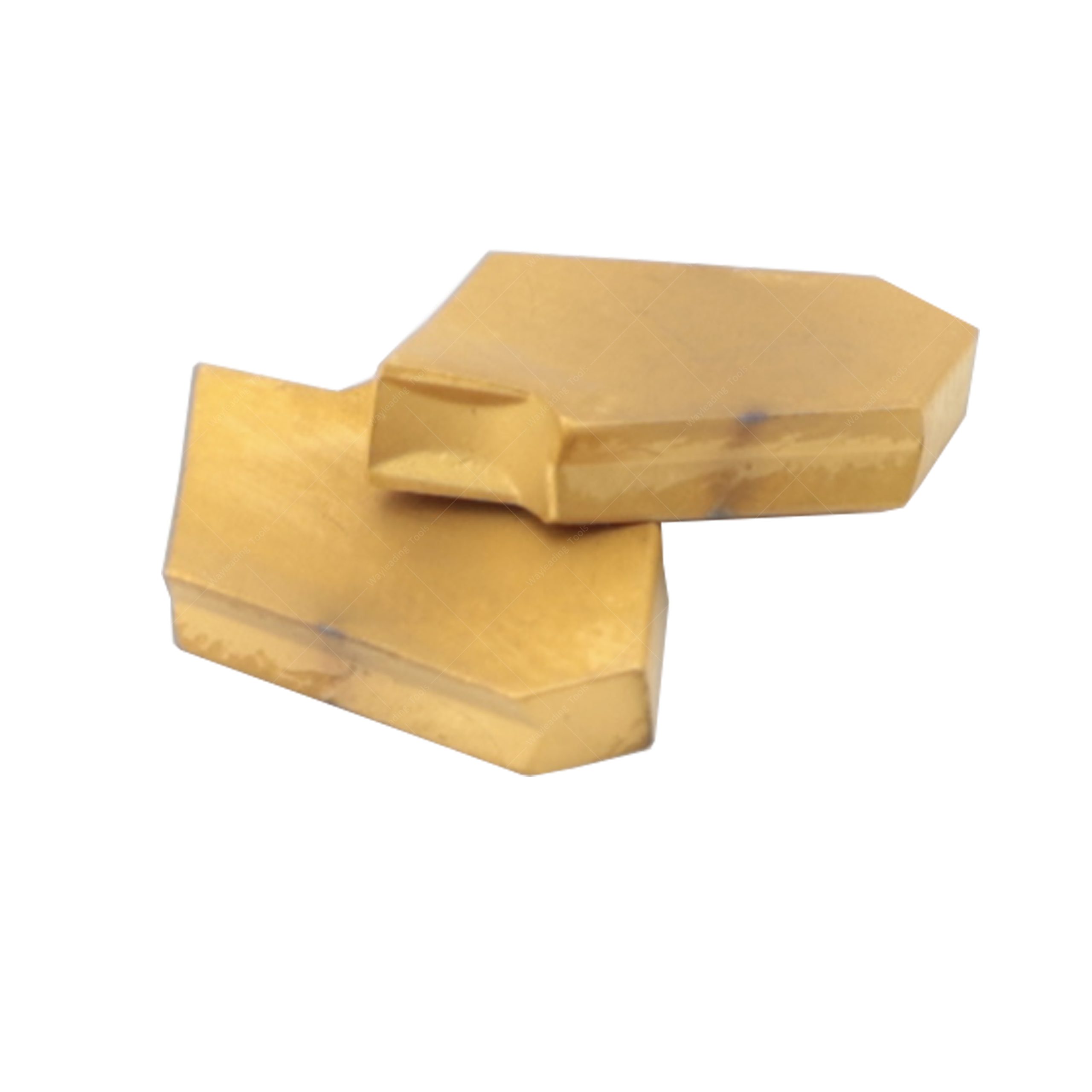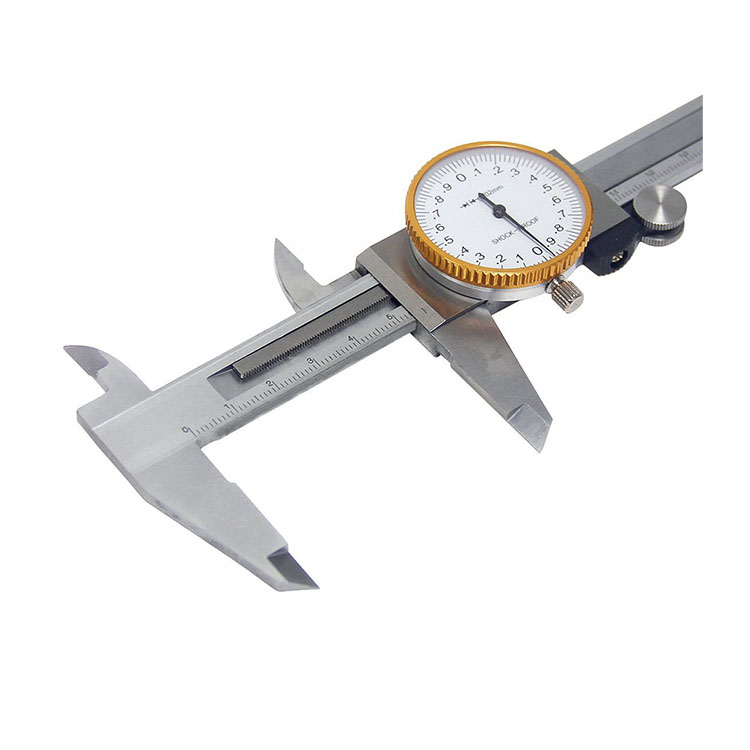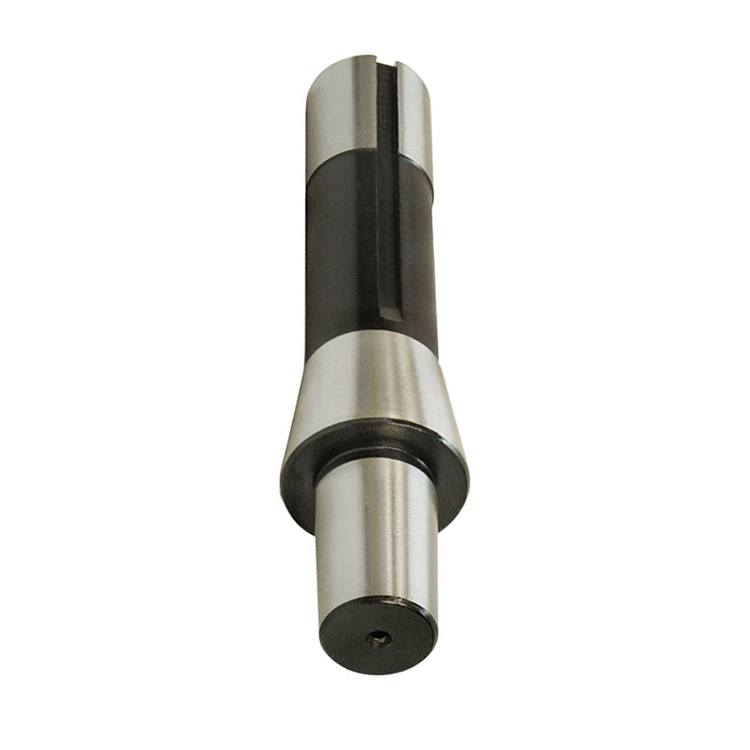angle blocks Manufacturer
Angle blocks are precision measuring tools used to set and check angles. They provide accurate and repeatable angle references, essential for machining, inspection, and calibration. Choosing the right manufacturer is crucial for ensuring quality and reliability. This guide explores the applications, selection criteria, and key considerations for selecting an angle blocks manufacturer.
Understanding Angle Blocks
What are Angle Blocks?
Angle blocks are hardened and ground metal blocks with precise angular surfaces. They are typically manufactured in sets, offering a range of angles that can be combined to create various other angles. Their accuracy is measured in arcseconds, making them ideal for high-precision applications.
Applications of Angle Blocks
Angle blocks are used across various industries, including:
- Machining: Setting up machine tools, checking angles on machined parts.
- Inspection: Verifying angles on manufactured components.
- Calibration: Calibrating angle measuring instruments like protractors and inclinometers.
- Toolmaking: Creating precise angles on cutting tools and dies.
Types of Angle Blocks
There are primarily two types of angle blocks:
- Solid Angle Blocks: These are single-piece blocks with a specific angle. They offer high rigidity and accuracy.
- Adjustable Angle Blocks: These blocks consist of two parts that can be adjusted to create a range of angles. They offer versatility but may not be as rigid as solid angle blocks.
Choosing the Right Angle Blocks Manufacturer
Selecting a reliable angle blocks manufacturer is essential to ensure the accuracy and durability of these critical tools. Here are key factors to consider:
Accuracy and Certification
Accuracy is paramount. Look for manufacturers that provide traceable calibration certificates. The certificate should state the accuracy of each angle block in arcseconds and indicate compliance with relevant standards, such as ISO or ANSI standards. Wayleading Tools emphasizes precision and offers certificates traceable to national standards for all our angle blocks.
Material and Hardness
Angle blocks are typically made from hardened steel or ceramic materials. Hardened steel offers good wear resistance and stability, while ceramic materials provide superior thermal stability and resistance to corrosion. The hardness of the material is also important. A hardness of HRC 60-65 is typical for steel angle blocks. Refer to material specifications from manufacturers like Wayleading Tools for detailed information.
Manufacturing Process and Quality Control
A reputable angle blocks manufacturer will have a stringent manufacturing process and quality control procedures. This includes precision grinding, lapping, and inspection processes to ensure that the angle blocks meet the specified accuracy requirements. Look for manufacturers that utilize advanced metrology equipment for inspection.
Range of Angle Blocks Offered
Consider the range of angles offered by the manufacturer. A comprehensive set of angle blocks will provide greater flexibility in creating various angles. Wayleading Tools offers a wide selection of angle blocks to meet diverse needs, from individual blocks to complete sets.
Customer Support and Reputation
Check the manufacturer's reputation and customer support. Read reviews and testimonials from other customers. A reliable manufacturer will provide excellent customer service and technical support. Also consider their warranty policy.
Top Angle Blocks Manufacturers: Key Considerations
While a comprehensive list of all manufacturers is outside the scope, here's what to look for when evaluating potential suppliers:
* **Years of Experience:** A longer history in manufacturing precision tools often indicates expertise.* **Manufacturing Capabilities:** Inquire about their machining and grinding capabilities.* **Quality Control Processes:** Request information about their inspection methods and equipment.* **Customization Options:** Can they produce angle blocks to specific customer requirements?Maintaining Your Angle Blocks
Proper maintenance is crucial to ensure the accuracy and longevity of angle blocks. Here are some tips:
- Cleanliness: Keep angle blocks clean and free from dust, dirt, and moisture.
- Storage: Store angle blocks in a protective case or cabinet to prevent damage.
- Handling: Handle angle blocks with care to avoid dropping or scratching them.
- Calibration: Periodically calibrate angle blocks to ensure their accuracy.
Angle Blocks: A Comparison Table
The following table illustrates the key features and considerations when selecting angle blocks:
| Feature | Considerations |
|---|---|
| Accuracy | Traceable calibration certificate, compliance with standards (ISO, ANSI) |
| Material | Hardened steel (HRC 60-65), ceramic |
| Manufacturing Process | Precision grinding, lapping, inspection |
| Customer Support | Responsiveness, Technical Expertise |
Conclusion
Choosing the right angle blocks manufacturer is a critical decision for ensuring accuracy and reliability in your angle measurement applications. By considering the factors outlined in this guide, you can make an informed decision and select a manufacturer that meets your specific needs. Consider exploring the range of precision tools offered by companies like Wayleading Tools to discover the ideal solutions for your requirements.
References
- ISO 3650:1998, Geometrical product specifications (GPS) - Length standards - End standards.
- ASME B89.3.9-2002 (R2012), Angle Gage Blocks.
Related products
Related products
Best selling products
Best selling products-
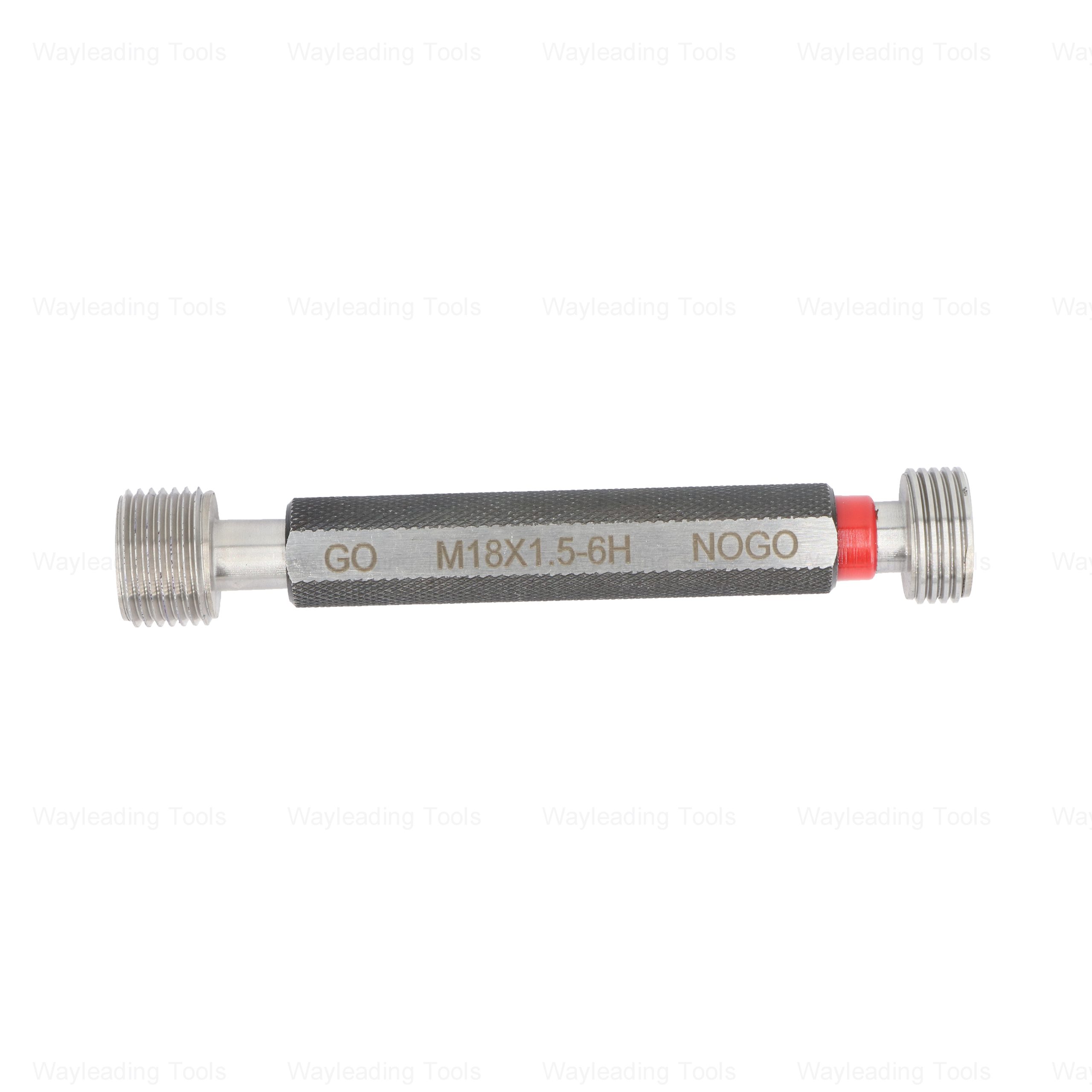 High-Precision Metric Thread Plug Gauge – 6H Class, GO & NO-GO Ends
High-Precision Metric Thread Plug Gauge – 6H Class, GO & NO-GO Ends -
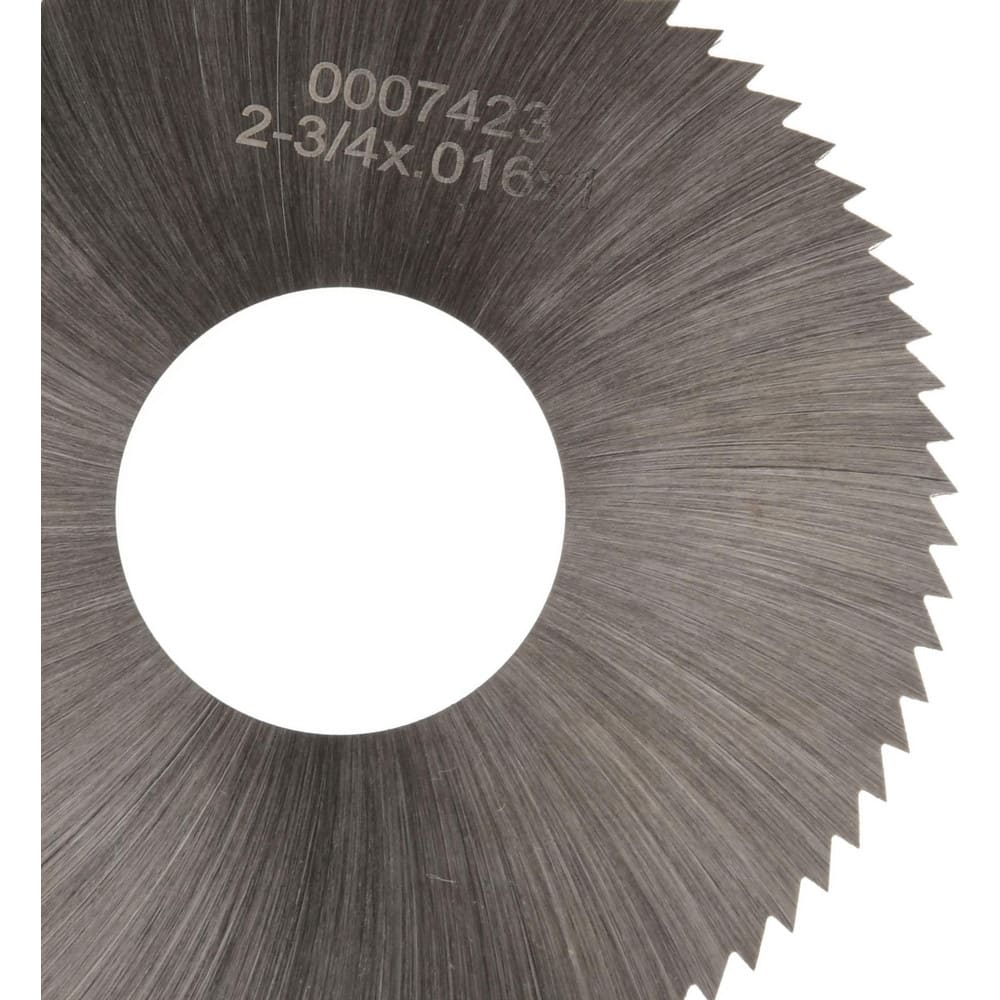 HSS Inch Plain Metal Slitting Saws For Industrial
HSS Inch Plain Metal Slitting Saws For Industrial -
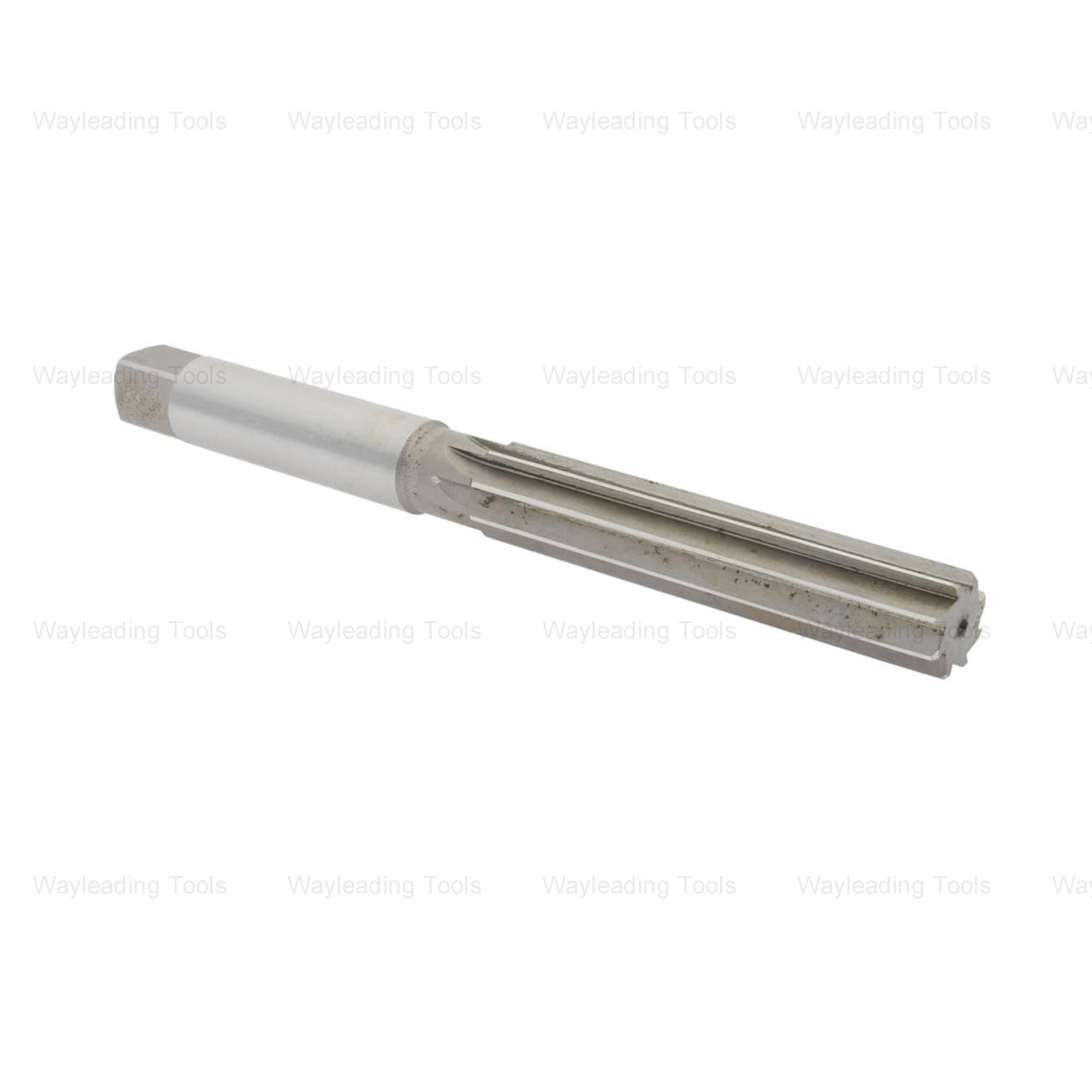 HSS Hand Reamers – Metric & Inch Sizes, Straight or Spiral Flutes
HSS Hand Reamers – Metric & Inch Sizes, Straight or Spiral Flutes -
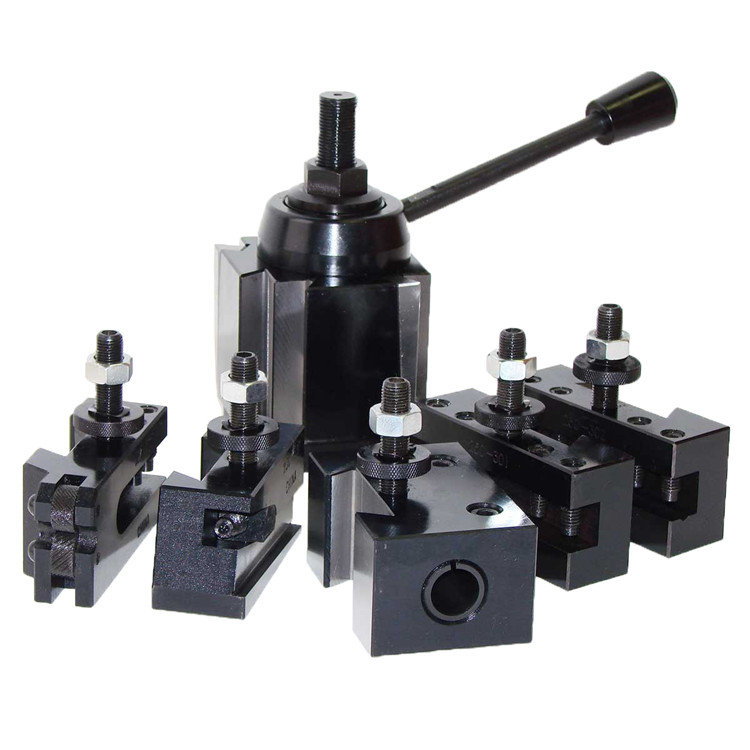 Wedge Type Quick Change Tool Post Set In lathe Machine
Wedge Type Quick Change Tool Post Set In lathe Machine -
 5C Square Collet With Inch and Metric Size
5C Square Collet With Inch and Metric Size -
 Type C Cylinder Ball Nose Tungsten Carbide Rotary Burr
Type C Cylinder Ball Nose Tungsten Carbide Rotary Burr -
 TCT Annular Cutters With Weldon Shank For Metal Cutting
TCT Annular Cutters With Weldon Shank For Metal Cutting -
 5C Round Collet With Inch and Metric Size
5C Round Collet With Inch and Metric Size -
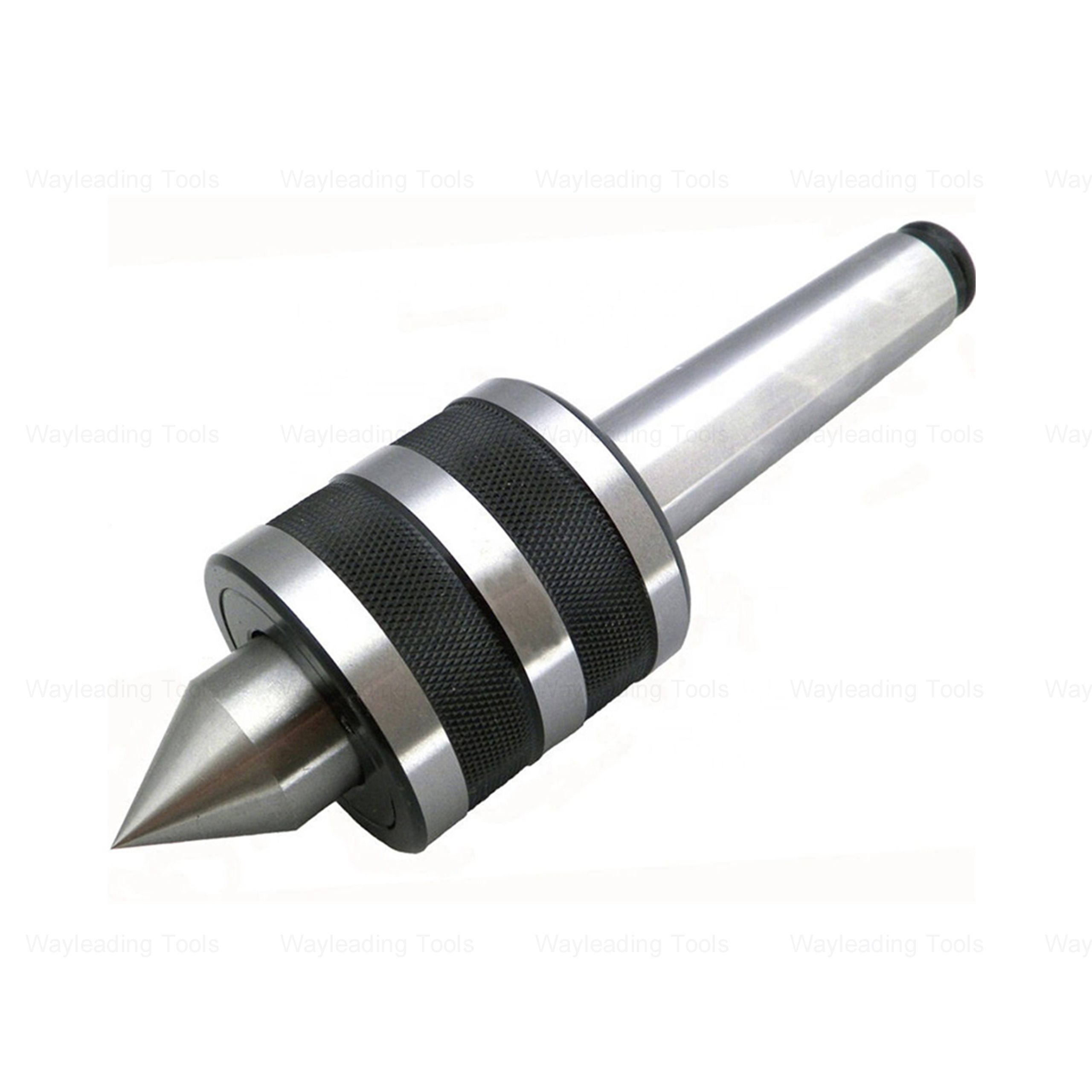 High Precision Medium-Duty Live Center – Hardened Tip, Morse Taper Shank
High Precision Medium-Duty Live Center – Hardened Tip, Morse Taper Shank -
 Precision Monoblock Vernier Caliper – Metric & Inch, Industrial Use
Precision Monoblock Vernier Caliper – Metric & Inch, Industrial Use -
 R8 Hex Collet With Inch and Metric Size
R8 Hex Collet With Inch and Metric Size -
 Type G Arc Pointed Tree Tungsten Carbide Rotary Burr
Type G Arc Pointed Tree Tungsten Carbide Rotary Burr

